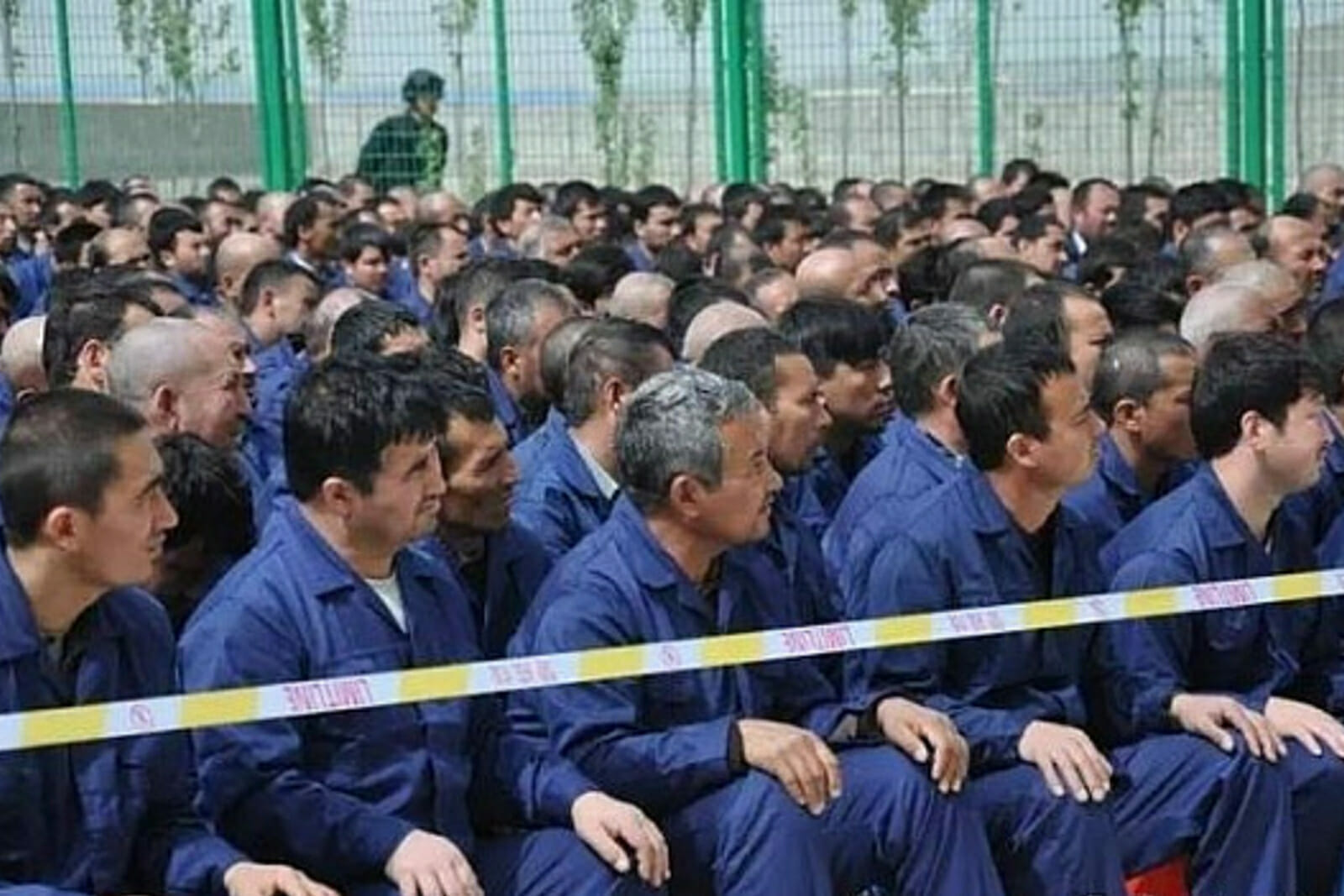
China is an Insecure Superpower
China has conceptualized a vision of the historical reclamation of ancient Chinese borders as a part of its vision for the future. The global economy is interconnected in nature. China must tread carefully in the pursuit of these goals as it seeks to adapt to the trends and viewpoints of the West. “China has stood up, grown rich, become strong, and is moving towards center stage,” asserted Xi Jinping at the 19th National Congress of the Chinese Communist Party (CCP). After a self-proclaimed century of humiliation, China is seeking to return to its position as the Middle Kingdom. However, Beijing faces challenges—both internally and externally—in becoming a regional hegemon and global superpower.
Uyghur autonomy
In Xinjiang, the Chinese Communist Party has struggled with minority ethnic populations in their attempts to maintain their autonomous culture. To Beijing, this is a threat to regional supremacy. In response to Uyghur dissenters, China has moved to seek better economic relations with Central Asian countries through the Shanghai Cooperation Organization to tighten their grip on dissidents in Xinjiang who are culturally similar. China has conducted actions that more than 40 nations assert are blatant human rights abuses. China has introduced internment camps and has sterilized thousands of ethnic Muslims. China asserts the suppression of Uyghur identity and culture and the systemic internment and sterilization of Uyghurs are internal matters. The CCP will continue to justify their actions as de-escalation and the reassertion of Chinese authority in the face of separatism.
The problem with Hong Kong
China’s most recent Hong Kong security law opens itself to economic sanctions and international condemnation. After the Sino-British agreement that handed over Hong Kong to the mainland government in 1997, Hong Kong received special administrative status under the umbrella of the “one country, two systems.” China has reneged on this promise and eroded away liberal policies in Hong Kong by giving CCP backed officials in Hong Kong sweeping authorities over sentencing and extradition. This has led to widespread pro-Western protests among Hong Kongers and has again drawn economic soft power through the peeling back of special economic status which limits Hong Kong to technology and defense exports. The 2012 Hong Kong protests erupted when China sought to introduce pro-CCP education for Hong Kong schools in order to introduce a pro-Chinese national identity and history so that future Hong Kongers would better associate with the sovereignty and the legitimacy of the mainland.
The CCP is anxious about the liberal tendencies of Hong Kongers. The CCP fears that western-style education will threaten China’s dominion over Hong Kong. The CCP’s measures to re-educate the youth are evidence that they are concerned that liberal influence will impact the viability of sovereignty. China’s current dilemma in Hong Kong is a suppressive response to protests triggered by the attempted amending of the Fugitive Offenders Ordinance which has drawn sanctions from major western actors like the United States. The amendments would have allowed the CCP to silence political dissent in Hong Kong eroding away its liberal justice system.
The CCP asserts any objection or implicit subversion as a slight on Chinese sovereignty. China’s Foreign Minister Geng Shuang states “What Hong Kong faces is not the so-called human rights and democracy issue at all, but the issue of stopping violence, reinstating order and upholding the rule of law as soon as possible.” He continued to warn that the U.S. should “stop meddling” and that China would take “strong measures” to counter the proposed Hong Kong bill. Chinese sovereignty is an eternal goal of contemporary China as the CCP sets its sights on consolidating its sovereignty over China proper and restoring its sphere of regional influence.
A history of humiliation
China will look to its past as a source of direction to tackle contemporary problems. Chinese leaders cite the century of humiliation (1839-1949); which China was carved up into spheres of influences administered by various European powers as a justification that China can handle what it considers to be internal affairs. A key component of the century of humiliation was the loss of extensive territory and destruction of broad areas of Chinese influence in the greater reaches of Asia. The CCP is aggressive in the face of dissent because it fears instability.
The CCP’s current responses to internal disruptions are similar to those of the past. Former Chinese diplomat Chen Youwei asserts that China maintains an oscillating philosophy that foreign powers are friends during good times, but once relations sour, those friends become enemies. China then acts accordingly to include economic retaliation and military threats in some instances.
The global conversation
The world has become interconnected. Social media and the transfer of information have placed China under the public eye. To do faithful business, the western audiences in particular set expectations for how countries treat their people. The contrast is China values historical context. Through that lens, China sees the hypocrisy. China distrusts western presence regionally because it sees Asia proper as its sphere of influence. This stems from the historical concepts of the Middle Kingdom. When the West condemns China’s treatment of its own people, whether it be protests in Hong Kong or Uyghurs in Xinjiang, China simply responds that the issue is internal and not the concern of the West.
In China’s view, western intervention is uncalled for and the West is trying to subvert CCP legitimacy to serve their own interests. This Chinese official response to the Uyghur Human Rights Policy Act of 2019 was typical for how it deals with western criticisms: “We state our position clearly to the U.S. that as Xinjiang is part of China, its affairs are purely domestic affairs that allow no foreign interference. This U.S. bill smears our efforts in counterterrorism and de-radicalization, which only reveals America’s double standards on counterterrorism and further exposes to the Chinese people its hypocrisy and malicious intentions.”
China has abused human rights in Xinjiang and Hong Kong in pursuit of legitimacy. In doing so, China has forever damaged its relationship with the West. China needs mutual cooperation to develop into a truly global power. China’s past makes it difficult for them to abandon hypersensitivity on issues of power and sovereignty. If China cannot overcome the anxiousness that dissidence breeds, Xi’s grand vision for a secure, stable, and prosperous region may be put on hold.

